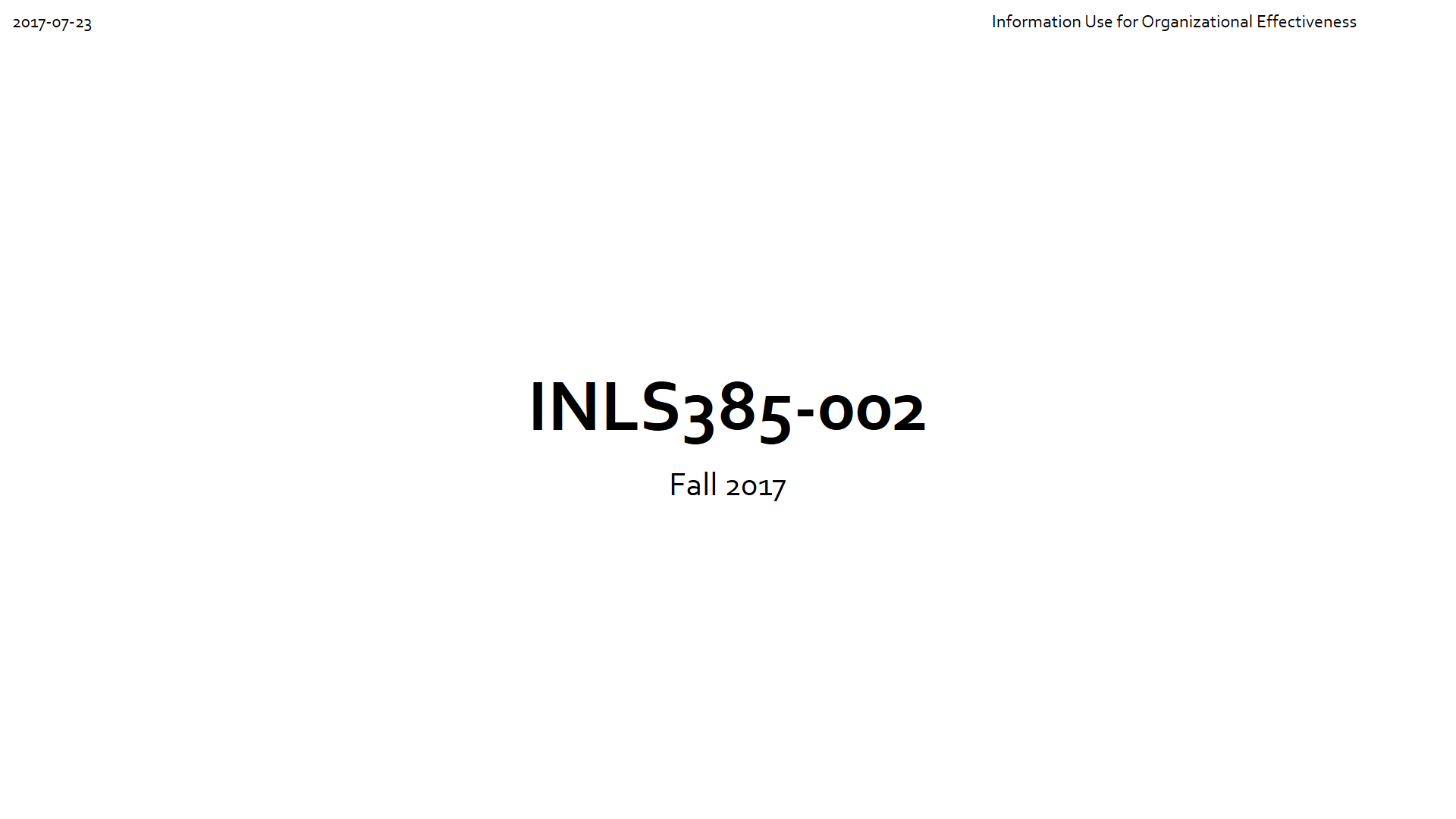the nature of knowledge
Learn something about knowledge that you might not know about
followed by
and
and
and
and

The person who did these videos is the author of
Huler, Scott. On the Grid: A Plot of Land, an Average Neighborhood, and the Systems That Make Our World Work. New York, NY: Rodale, 2011
Then go a bit deeper into the concept of specialized and generalized knowledge
Sure, it’s typical for people to overestimate their abilities. One study found that 80 per cent of drivers rate themselves as above average – a statistical impossibility. And similar trends have been found when people rate their relative popularity and cognitive abilities. The problem is that when people are incompetent, not only do they reach wrong conclusions and make unfortunate choices but, also, they are robbed of the ability to realise their mistakes. In a semester-long study of college students, good students could better predict their performance on future exams given feedback about their scores and relative percentile. However, the poorest performers showed no recognition, despite clear and repeated feedback that they were doing badly. Instead of being confused, perplexed or thoughtful about their erroneous ways, incompetent people insist that their ways are correct. As Charles Darwin wrote in The Descent of Man (1871): ‘Ignorance more frequently begets confidence than does knowledge.’
What know-it-alls don’t know, or the illusion of competence
You don't have to read these unless you wish to, but we might touch upon them in conversation
-
Becerra-Fernandez, I., Gonzá́lez, A. J., & Sabherwal, R. (2004).
Knowledge management: Challenges, solutions, and technologies. Upper Saddle River, N.J: Pearson/Prentice Hall.
[PDF] -
Chapter 1: What Do We Talk about When We Talk about Knowledge?
in Davenport, T. H., & Prusak, L. (2000). Working knowledge: How organizations manage what they know. Boston, Mass: Harvard Business School Press.
[PDF] -
Section 2: Towards an information model of organizations
in Choo, Chun Wei. 1991. Towards an Information Model of Organizations. The Canadian Journal of Information Science 16 (3):32-62.
[PDF]
[top]
things we'll talk about
- how do we define knowledge
- how do we decide what qualifies as knowledge
- how do we use and interact with knowledge within an organization
[top]


